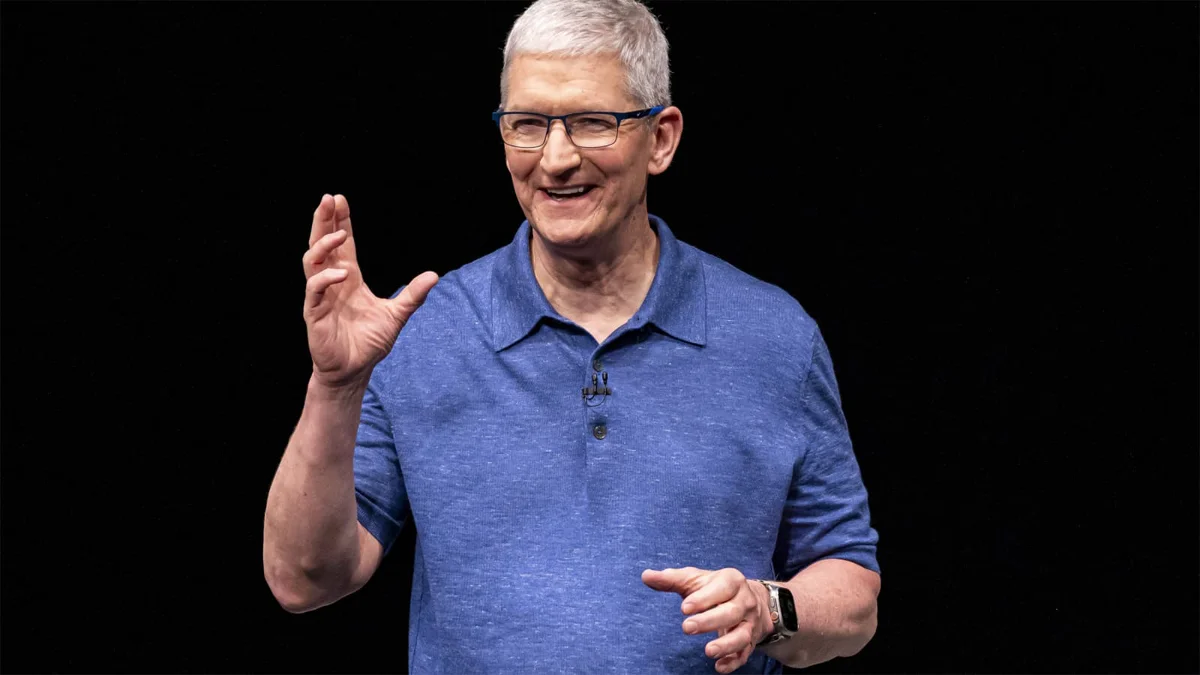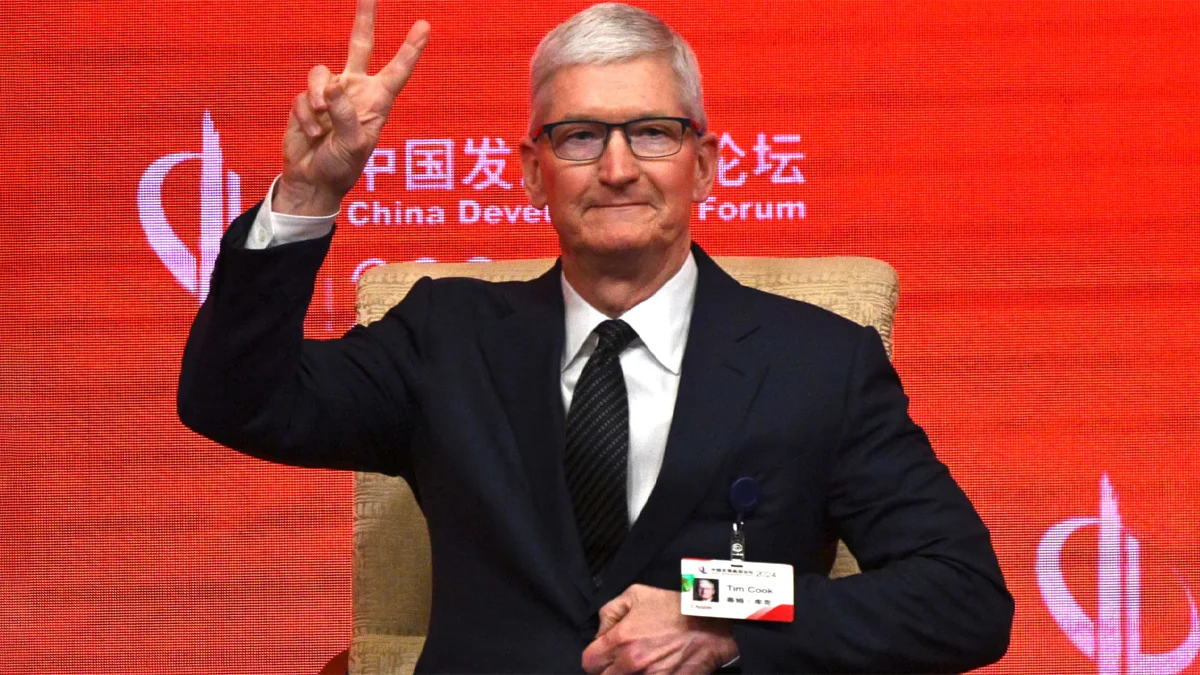How Lenovo AI Avatars Could Address the Youth Mental Health Challenge
Lenovo has released the latest iteration of the ‘Meet Your Digital Self’ initiative under its Work For Humankind project. According to the company website, this project demonstrates how Lenovo AI avatars can help address the global problem of youth mental health.
Lenovo’s Global Vice President and CMO of Intelligent Devices Group and International Markets, Emily Ketchen said the tech giant is cognizant of the need for a healthy digital balance to ensure mental well-being.
“With huge advancements in AI and smarter technologies, now is the time to explore and pilot creative new ways to use technology like AI thoughtfully and responsibly, for the greater good. Lenovo is uniquely positioned to lead here.” Ketchen said.
Rising Anxiety
Across the world, youth experience challenges reconciling the lives they live online and with those in the real world. Stats show that two-thirds of Gen-Z youth experience a disconnect between their offline and online selves, leading to anxiety and loneliness. About half of Gen Zs find it easier to express themselves online. About 60% desire to have difficult conversations with loved ones in real life. Lenovo’s ‘Meet Your Digital Self’ project seeks to address this challenge.
“The type of AI innovation in Lenovo’s ‘Meet Your Digital Self’ social experiment shows promise as a way generations with different understandings of online personas can meet and understand each other,” Sarah Kendrick, Mental Health Innovations Clinical Director said.
Lenovo AI Avatars Experiment
Lenovo’s ‘Meet Your Digital Self’ is a groundbreaking social experiment, the first-of-its-kind. The tech giant leveraged its wide tech portfolio to pioneer Lenovo-powered AI avatars on personal computers, software solutions, cloud, and mobile phones. This combined tech approach brought life to online personas of Gen Z participants through the use of lifelike digital avatars that can have natural, unscripted conversations.
In the experiment, AI avatars powered by Lenovo resembled every participant. However, they were built to respond to conversations real-time. Depending on the discussion, they can vary their tones, facial expressions, and movements. To achieve this, the avatars were trained based on the data provided by the participant’s digital persona.
Gen Z participants had impactful conversations between them, their family members, and the Lenovo AI avatars. These conversions may never have happened in real life. Through real-time conversations with Lenovo-powered AI avatars, family members got valuable insights about their Gen Z relatives. This enabled them to understand their Gen Z loved ones better and reconnect with them in real life.
Strategic Partnerships
Lenovo plans to take Lenovo AI avatars global through the ‘Meet Your Digital Self’ project.
“Ultimately, we hope that through our ‘Meet Your Digital Self’ social experiment we can spark meaningful conversations that contribute to the mental wellbeing of individuals and communities worldwide,” Ketchen added.
The company already partnered with organizations like Shout in the UK, Anata no Ibasho in Japan, and Crisis Text Line in the US and Puerto Rico. These partnerships are aimed at expanding mental health resources and support to a wider audience.



